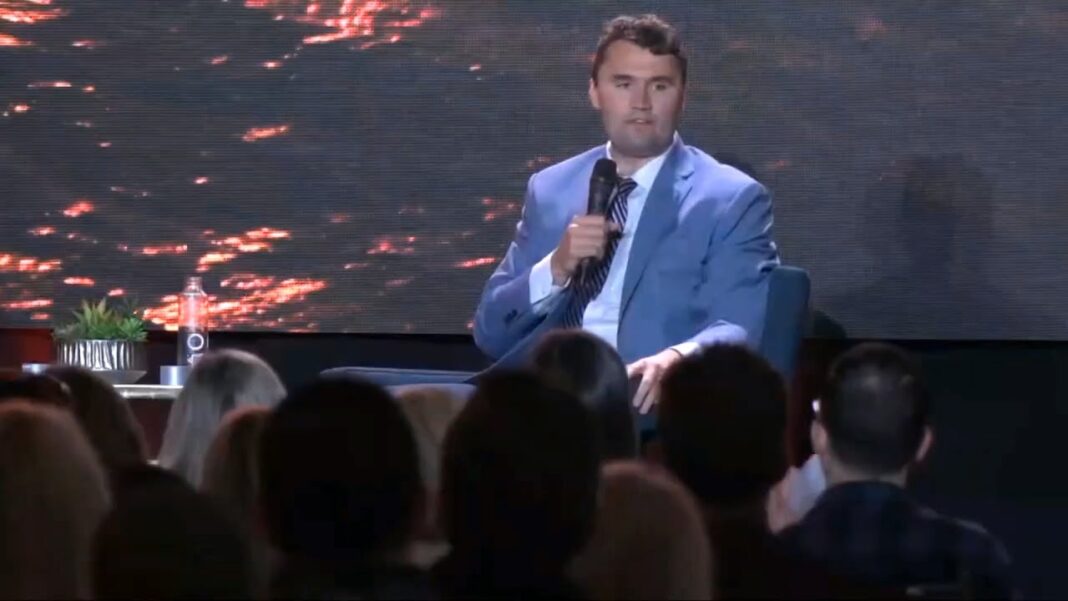Over the course of human history, the times and places of free speech are but a tiny slice of the whole human record.
Commentary
Charlie Kirk was an embodiment of the ideals of free speech. People who reviled him and his ideas had as much access to the microphone at his events as did his staunchest fans. He wanted his town hall-style colloquies to show the world that disagreements could be aired, vigorously, and the public square would remain open and rousing. His murder makes everyone wonder how intolerance in America could have reached the point where the expression of contrary opinion should, in the eyes of many, justify violence.
In truth, however, the rise of anti-pluralist attitudes, especially among the young, should not surprise us. Think about it in emotional terms, not in terms of political theory or the civic principles of the Founding that gave us the First Amendment. It is much more natural and satisfying to shut down a speaker who violates your beliefs than it is to sit patiently and let him finish. The offense he gives is obvious and provocative, at least to those who are offended. Why let it continue? Why should I have to listen to a viewpoint I find appalling? I haven’t done anything wrong, and yet I have to allow a villainous individual to have his nasty say about a tender issue, one that reaches deep into my heart, maybe into my core identity. That’s not fair. It’s brutal. What is his right to speak compared to my peace of mind, to my very self?
As I said, this is the natural inclination. You see it in children, in angry young men, and in other parts of the world. When cultural anthropologists talk about the phenomenon of a pluralistic society, which rests on the preservation of free speech, some consider it a miracle. After all, over the course of human history, the times and places of free speech are but a tiny slice of the whole human record. Dictatorship, empire, kingdom, theocracy, and other authoritarian forms of government have far outnumbered forms that maintain popular sovereignty—a result we should expect when we acknowledge the fallen condition of the individual will. That a society can allow sharp differences of opinion, many on matters with high stakes, and not slide into us vs. them factionalism or tyrannies of majorities might reasonably be judged a naïve faith. When Enlightenment thinkers drew free speech into the good and just society, they understood that it ran against human nature. They prized individual freedom, but they didn’t think people were pure.








